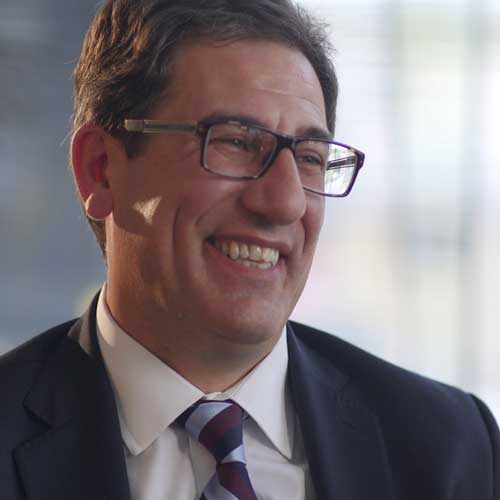Pharma in Focus: 10 February, 2022
PHARMA IN FOCUS
By Christine Spiteri 10 February 2022
Who’s Mandated a Third Jab?
Specialised Therapeutics has made a third COVID-19 vaccine compulsory for all staff, to ensure a safe office environment for employees returning to work.
The team was told on Christmas Eve last year that booster shots for those who were eligible would be compulsory for going back to the office in 2022.
“We’re in the pharma industry, we understand how to interpret data and it was really becoming very obvious early in December that a booster was required – not only to protect against the emerging Omicron but also to protect against Delta,” CEO Carlo Montagner said.
“What I’ve said to all our staff is that we want to offer you the most controlled and safe workspace to operate in – much safer than you being at home, or going out to the supermarket.”
The mandatory third jab applies to all staff, including those working in the company’s offices located overseas, as well as visitors.
In addition, the Melbourne-based pharma is supplying employees with RAT tests, the results of which must be photographed with a timestamp and sent to HR prior to attending the office. Twice weekly tests are required of those in the office five days a week, once for those attending three days.
As well, social distancing has been increased by three to four times the minimum 1.5 metre rule and masks must be worn indoors at all times.
Mandatory office days
The Covid safety measures support a second mandate by the company that all core staff – about 20-25 employees – work from the office on Monday, Tuesday and Wednesday of every week.
Montagner said working remotely had slowed the company down. “Not having people together – at least the core group – makes communication difficult,” he said.
“I would say it’s 30 to 40 per cent harder to achieve the same outcome as working in the office together.
“It’s the simple things – you call somebody because you need to talk to them about something and you can’t reach them for whatever reason, then you need to follow up that call.

“Those sorts of incidental occurrences, every day of the week, happening multiple times in the day – soon you have this snowball effect and you have to work harder to reach the same outcome.”
“It’s time-consuming and tiring and fatiguing.”
Montagner said while staff were still allowed flexibility with their working hours plus Thursday and Fridays working from home, a complete ‘laissez faire’ approach to office attendance doesn’t work for pharma. “I think it’s a very short term philosophy to leave it up to staff to decide whether they come into the office or not,” he said.
“Yes, in some industries that would work. But in our industry where the logistics required to get a drug physically available in a chemist for a patient to access – it’s enormous.
“We need to remember we are working to produce an outcome that impacts people’s lives. For us we’re in the cancer space predominantly – and at the end of the day we have to make sure we have these drugs available for patients.
“That’s what it comes down to.”